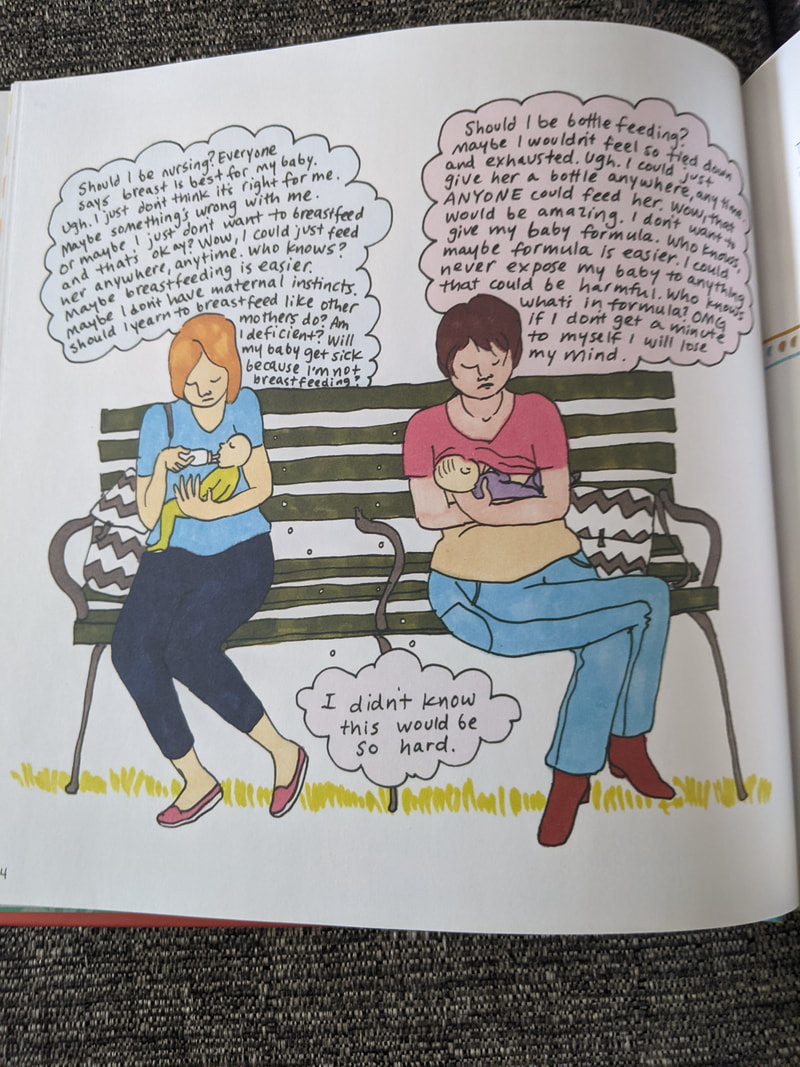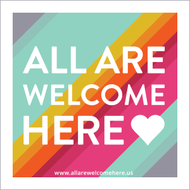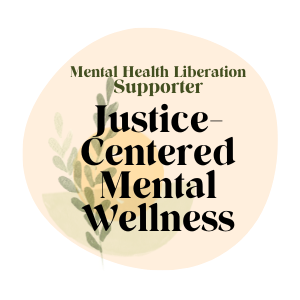|
May is maternal mental health month and I can’t let it go by without writing about what I’m discovering is one of the most fraught, guilt-inducing, shame-filled aspects of the postpartum period for many women: breastfeeding/chestfeeding.
“What?!” – you ask. We don't usually see words like "shame" and "guilt" associated with breastfeeding. We see, “joyful”, “bonding”, and “magical” and are told it’s the best thing we could possibly do for our baby. We’re told it’s what truly makes us mothers. But what does that mean about all the women out there who can’t breastfeed? Or, perish the thought, don’t want to. As I write this, I can’t help but feel grief and sadness for all the pressure that is put on us as women and for some of my dearest friends and clients who have experienced immeasurable pain and trauma from their attempts to breastfeed. It shouldn’t have happened this way. I breastfed my 9-month-old from day one and didn’t think much about using formula. While there were both beautiful moments and difficult moments (repeated clogs, trying to keep up with pumping while working full-time etc.), it had overall been a positive experience. But as we started to approach the 9-month mark, I decided that it was time to start to wean – for many reasons. One of which being that my son began to wean himself. He started preferring the bottle to the breast. I was slightly insulted (Really?! No thank you to warm, fresh milk from the source? Rude!) but mostly relieved. I too had started to prefer the bottle to the breast. I was tired of being connected to the pump all day long, often watching my son reach for me and having to hide away so that I could get milk out for him. I was tired of going into silent dark rooms to feed so that he would stay latched without getting distracted. I was tired of the fact that, when he would finally sleep through the night, I would be up for hours curled over the sink squeezing out a painful clogged duct that had appeared out of nowhere. When I decided that we were both ready to let the boob go and move to the bottle, it seemed practical. I wasn’t prepared for the emotions that accompanied it. I felt selfish, bad, wrong. How could I give my son this horrible, artificial stuff called formula when I was one of the lucky ones who COULD make breastmilk for him? Aren’t I supposed to do this for one full year? What’s wrong with me for wanting to stop? As the adults in my home will attest to (my husband, my amazing formula-positive nanny), it was a time wrought with fear, pain, and confusion. I was lucky to have a friend who had a formula-fed baby to help me understand what I was experiencing. She gave me a book I highly recommend, called Bottled Up: How the Way We Feed Babies Has Come to Define Motherhood, and Why It Shouldn’t by Susan Barston. Barston looks at breastfeeding politics and “offers a corrective to our infatuation with the breast.” Her book made me feel a sense of relief. I started to believe that I wasn’t bad or wrong for wanting to wean my baby prior to one year and for seeking a safe alternative to breast milk. Her book also made me angry. Angry for myself and for all the women out there who weren’t able to breastfeed or who decided to stop at one point another – because they had been sexually assaulted, because they had an eating disorder, because they didn’t produce enough milk, because they have inverted nipples, because it was too painful, because it doesn’t align with their gender orientation, because they didn’t have paid maternity leave, because they DIDN’T WANT TO! We deserve better than having to suffer in a shameful collective silence, feeling judged by other moms and anyone else with an opinion. We deserve compassion, understanding, support – just for being new mothers trying to do our best. We deserve high quality formula that’s made in the United States so that we don’t have to order it from Europe and try to decipher German instructions. We deserve to be seen and informed about our options in prenatal classes whether we intend to breastfeed for 1 month, 1 year, or not at all. We do SO MUCH for our children and we are more than how we choose to feed them. I’m calling for a new dialogue. When you see someone feeding their baby with a bottle, remind yourself (and maybe them) that it’s beautiful. And if you had to feed your baby in a way that breaks the fairytale vision that you were socialized into, remind yourself that you are a worthy, wonderful, true mother - regardless. Now that I am well on my way to having a bottle-fed baby for the last few months of his first year, I feel so relieved. And he is a very happy baby with a very happy, well-rested, fulfilled, mama – what could be more valuable than that?
0 Comments
|
AuthorDr. Martine Jones (formerly Martine Luntz) is a clinical psychologist who serves clients in North Carolina, Florida, and internationally by providing support for relationship concerns, stress and anxiety, infertility, prenatal and postpartum distress, and life and role changes. Archives
April 2022
Categories
All
|


 RSS Feed
RSS Feed



